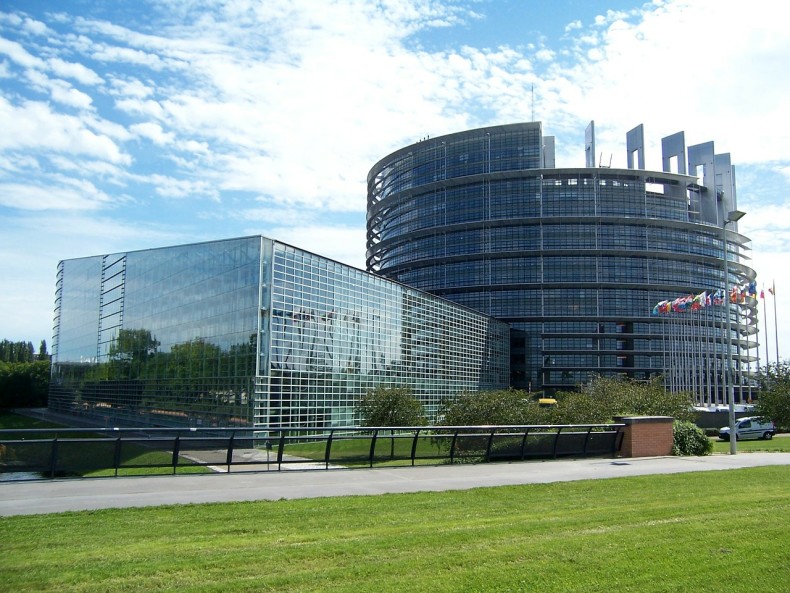Government changes plans for conduct of EU referendum

The BBC reports:
The government is set to announce “significant” changes to its planned rules on an in-out EU referendum.
The changes will focus on the so-called purdah rules, which stop ministers using public money to campaign for one side, from 28 days before such a vote.
The government had wanted to suspend these laws so ministers could continue to discuss European matters in public…
In July a report from the Public Administration Committee said it was … unconvinced by ministers’ arguments.
In a critical report, it said such a move would “cast a shadow of doubt over the propriety” of the referendum on whether the UK should remain in the EU or leave.
BBC deputy political editor James Landale said the changes – set to be tabled later – were “designed to reassure the government’s critics”.
He added: “The changes are expected to restore the restrictions on ministers, with some exceptions.”…
On Tuesday, the government accepted the Electoral Commission’s recommendations to scrap plans for a Yes/No vote and instead ask voters if they want to “remain in” or “leave the EU”.
The Electoral Commission has explained its reasons for that recommendation over the referendum wording:
Following our assessment process, the Commission has recommended that the question should be amended to:
‘Should the United Kingdom remain a member of the European Union or leave the European Union?’
The responses would be ‘Remain a member of the European Union’ / ‘Leave the European Union’.
This was the question the Commission previously recommended if Parliament decides not to retain a ‘yes’ and ‘no’ question. We concluded that Parliament should carefully consider whether to retain a question with ‘yes’ and ‘no’ answer options taking into account perceived biases with it.
While we found that voters understood the ‘yes’ and ‘no’ question in the Bill, some campaigners and members of the public felt the wording is not balanced and there was a perception of bias. The alternative question we have recommended addresses this perception.
Although we have previously recommended both a ‘yes’/’no’ and a non-‘yes’/’no’ question for use at a referendum on EU membership, in this assessment we heard clearer views, particularly from potential campaigners to leave the EU, about their concerns regarding the proposed ‘yes’ and ‘no’ question.
There were two main reasons why consultation respondents and research participants viewed the question as biased – it only sets out the ‘remain’ option in the question, and the ‘yes’ response is for the status quo. Consequently, while the question is not significantly leading, we have concerns about the perception that this question will encourage voters to consider one response more favourably than another.
This perception of bias raises concerns about the potential legitimacy, in the eyes of those campaigning to leave and some members of the public, of the referendum result – particularly if there was a vote to remain a member of the EU. Our assessment suggests that it is possible to ask a question which would not cause comparable concerns about neutrality, whilst also being easily understood.
Leave a Reply